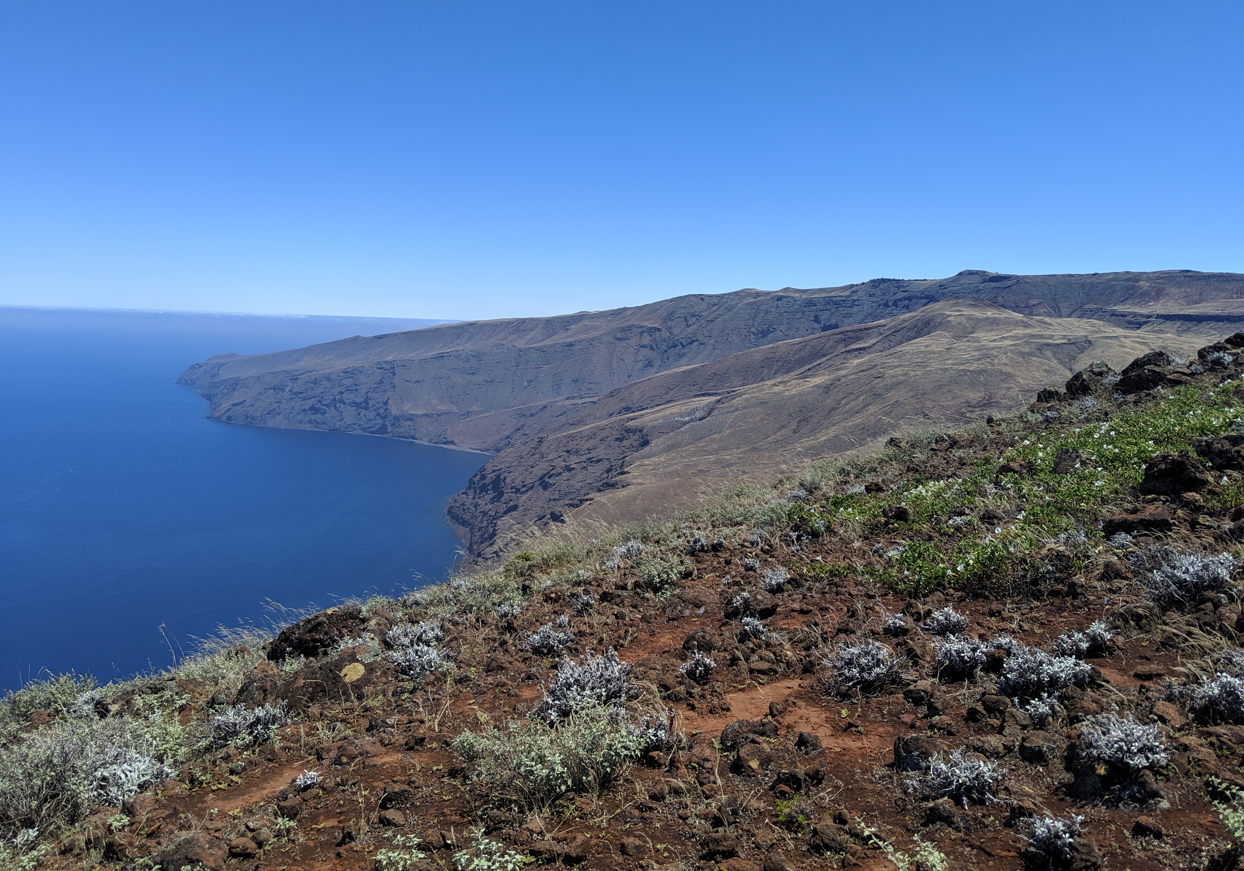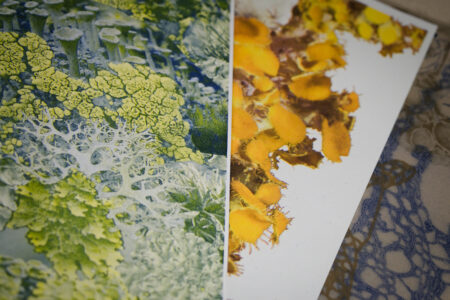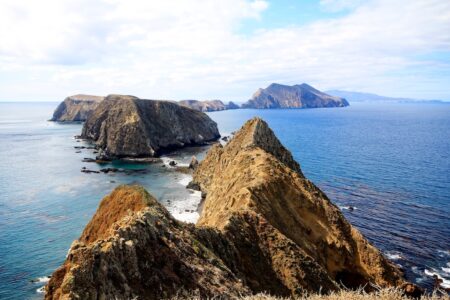Collaboration Across Borders: Recovery of the Vegetation of Guadalupe Island and its Shared History with the Channel Islands
- Instructor
- Dra. Luciana Luna Mendoza
- Location
- Zoom
- Date
- September 19, 2024
- Time
- 5:30PM - 6:30PM

Explore more topics
Details:
Join the Garden for a lecture in celebration of Latino Conservation Week. Hosted by Luciana Luna-Mendoza, Ph.D., the Director of Ecology at the Grupo de Ecología y Conservación de Islas (GECI) in Ensenada, Mexico.
In front of the Baja California Peninsula, Guadalupe Island and its islets share many plant species with the Channel Islands, including the Catalina Nightshade (Solanum wallacei) and the Island Oak (Quercus tomentella). Historically, they also shared similar threats such as the presence of non-native herbivores. This talk will focus on Guadalupe Island’s vegetation recovery, highlighting the ongoing collaboration with the many institutions doing the same conservation work in the Channel Islands. Our joint efforts’ main goal is to increase knowledge and restore the unique biodiversity of all the California islands.
Several original vegetation communities have been described for Guadalupe Island, including forests, woodlands, and native grassland. However, communities were severely degraded due to the introduction of feral goats in 1850. At least 26 plant taxa became extinct or were extirpated. Many species were surviving only on cliffs or remote islets. The removal of the goats was a first step in the island’s recovery, but one that would take time for the vegetation to recover. Efforts to restore the vegetation communities during the last decades have led to a remarkable recovery of the forest coverage. Species considered lost have been rediscovered and some rare plants are now abundant. There have also been new species records, like the Island Ceanothus (Ceanothus arboreus), present also in the Channel Islands. Further research needs to be done on some species to develop active restoration actions, particularly rare species from the islets where feral goats never reached. An example is the rare San Nicolas Island Lomatium (Lomatium insulare), only present on San Nicolas and Guadalupe islands. In summary, these joint efforts’ goal is to preserve the genetic diversity of the flora and to restore ecosystem services, thus protecting a unique habitat for the endemic fauna.
Pricing:
This event is free. You are welcome to register or join via the link below.
About the Speaker:
Luciana Luna-Mendoza, Ph.D. is the Director of Ecology at the Grupo de Ecología y Conservación de Islas (GECI) in Ensenada, Mexico. Over the past 25 years, GECI has removed 60 populations of invasive mammals of 11 species in 39 Mexican islands. This has been followed with reforestation, erosion control, and fire prevention actions that includes planting hundreds of thousands of trees. Their hard work and ingenuity seem boundless.
 Donate
Donate
